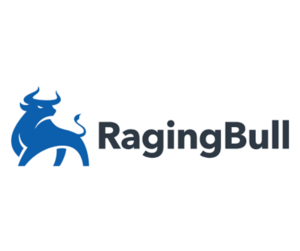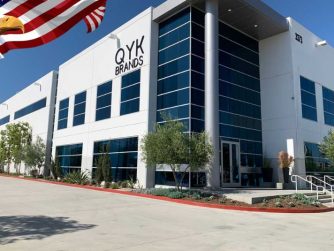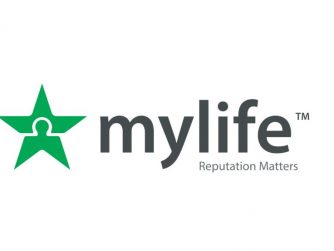Student loan can be debilitating to your life and as a result it is very easy to get lured into program promises to reduce or even erase the debt. Some of these programs will do nothing but take lots of your money and provide nothing more than what you can do on your own. Beware.
Student Advocates Team (SAT) and Manhattan Beach Venture (MBV) ran these kinds of illegal debt relief schemes and the Federal Trade Commission wasn’t going to have any of that. The FTC filed lawsuits recently against these scam artists sending a loud message to anyone else who may want to attempt the same scheme.
We’ve seen this numerous times before with almost any other debt relief scheme. They allegedly charged people between $1,300 and $1,800 in fees and often steered them into taking out high-interest, multi-year loans from a finance company (Defendant Equitable Acceptance Corporation) to pay those fees. The lawsuit states that SAT and MBV deceptively claimed they would get their customers’ loan payments permanently reduced or forgiven. Furthermore, they also misled people into believing that some or all of the fees would be used to pay off their student loans. What did they do instead? SAT, MBV, and the finance company kept the fees.
There’s absolutely nothing a company can do for you that you can’t do yourself, for FREE. For federal loans start with StudentAid.gov/repay. If you’re a private borrower, start by talking with your loan servicer.
As a reminder here are some tips to avoid scams:
- Never pay an up-front fee for help with your debts. It’s illegal, so steer clear of companies that ask for one.
- Only scammers promise fast loan forgiveness. These promises – made before they even know your situation – are always false.
- A Department of Education seal doesn’t mean it’s legit. Scammers use official-looking names and logos and lie about having special access to certain federal programs.
- Don’t share your FSA ID with anyone. Scammers could use it to get into your account and take control of your personal information.
What do you think?
Do you agree? Let us know and we’ll play or read your comments on the show. Call 989-888-ROCK (7625) and record your thoughts or just email us to podcast@rocklandusa.com






